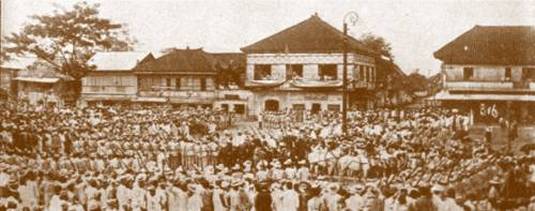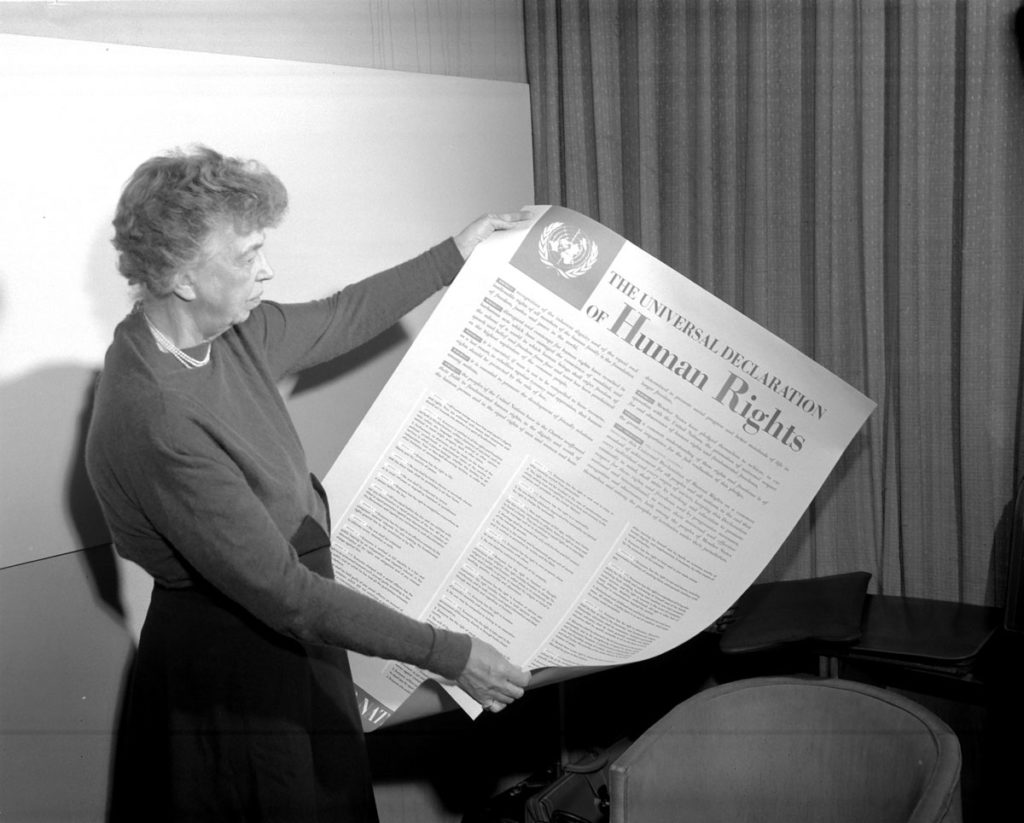In this time of uncertainty, it pays to look to our past for lessons and insights into how to view the present.
As the killings and the political tumult continue under Duterte, here are five anniversaries to mark in 2018, events that recall our history of repression and resistance, of revolution and reaction.
120th anniversary of the Philippine Declaration of Independence from Spain
The Philippine Revolution continues to inspire. Just 20 years ago, we celebrated the centennial of the revolution and the June 12, 1898 proclamation of independence from Spain with year-long festivities at a time when the future looked upbeat.
In a speech on June 12, 1998, then-President Fidel Ramos said: “Today, we mark a hundred years of learning what it takes to rise from a diverse mix of language-groups, islands and regions into a self-conscious unity — into what Rizal called ‘one Filipino nation’ — ang sambayanang Pilipino.”
But it quickly became clear that “a hundred years of learning” weren’t enough. Within a couple of years, the country was once again in crisis.
20th Anniversary of the Election of Joseph Estrada
There was a debate in 1998 on whether Ramos or his successor Joseph Estrada, who was elected that year, should be considered the “Centennial President.”
That debate soon became irrelevant. After an initial wave of optimism over the election of a lead with unconventional ways but who was widely perceived as a man of the masses, Estrada’s presidency turned out to be a chaotic time, marred by scandal and accusations of corruption and political abuse. He didn’t get to complete his term as he was ousted in yet another popular uprising in 2001.
But it’s worth reexamining the ouster of a popular president, whose slogan was “Erap Para Sa Mahirap,” and who won the election by a landslide. I covered Erap’s election, his impeachment and his eventual downfall as a reporter for the San Francisco Chronicle.
I was in Manila in the days after he was forced out of power. While affluent and middle class Filipinos were clearly ecstatic, in a few urban poor areas I visited, the mood was different. Working class Filipinos I met were bitter about Erap’s ouster, which they saw as an elite plot against a leader who succeeded in convincing his supporters that, despite his unpolished and unorthodox style, he was a champion of the poor and the ordinary Filipino.
Today, once again, a popular president with mass appeal is in charge.
The similarities between the two presidents are striking. Like Erap, Duterte also even enjoyed the support of progressives, including activists who were once staunch advocates of human rights.
But clearly Duterte, with his habit of making public statements and even jokes about killing people and rape, has turned out to be a more alarming leader than the former movie star.
40th Anniversary of Lakas ng Bayan
In 1978, opponents of the Marcos regime took on a quixotic challenge: They fielded candidates in the elections for the newly established national assembly.
The candidates included famous opposition figures led by Ninoy Aquino, but also activists of the Philippine left, which was then the most organized force challenging the dictatorship.
They didn’t stand a chance of winning in what turned out to be a rigged contest. But from that campaign emerged “Lakas ng Bayan,” or Laban, which became the battle cry of the movement against the dictatorship.
Laban eventually was transformed into PDP-Laban, which is now the ruling party under a president who has become notorious worldwide for a vicious campaign of slaughter.
What happened? How did a movement known for spearheading the fight for human rights and against authoritarian rule lose its way?
50th Anniversary of the CPP
The CPP will mark its 50th anniversary after what appeared to be a short-lived alliance with Duterte. The movement itself has a complex history, which is likely to come into sharper focus as analysts and the CPP itself look back on its half-century of armed struggle.
CPP activists undoubtedly played a critical role in the fight against the Marcos dictatorship. When political leaders were either imprisoned, forced into exile, or simply fell silent or even collaborated with the regime, the movement’s activists organized patiently in urban poor communities and barrios, creating the foundation of what became a powerful protest movement and a culture of activism that has inspired other movements and organizations.
The underground left produced the most committed and courageous heroes of the movement to end the Marcos regime, including Edgar Jopson, Eman Lacaba, Lorena Barros and Ferdie Arceo. But the CPP had a dark side, highlighted by a leadership that was at times guided by paranoia and dogmatism, capable displaying a shocking capacity for ruthless violence.
70th Anniversary of the Universal Declaration of Human Rights
This anniversary is significant not just for Filipinos, but for the whole world.
Seven decades ago, in the wake of devastation caused by World War II, the United Nations General Assembly ratified the Universal Declaration of Human Rights on December 10, 1948.
It was a bold attempt to put an end to atrocities like those endured by many nations during the war, and to create a new global culture based on respect for the rights of individuals and communities.
At a time when human rights are once again under siege in many corners of the world, including the Philippines, Human Rights Day, on December 10, 2018, when we also mark the 70th anniversary of the Universal Declaration, is poised to become an important event.
At a time when Duterte and many of his supporters are seeking to downplay the meaning and significance of due process and human decency, Article 10 of the Universal Declaration of Human Rights is particularly worth highlighting:
Article 10.
Everyone is entitled in full equality to a fair and public hearing by an independent and impartial tribunal, in the determination of his rights and obligations and of any criminal charge against him.
Visit the Kuwento page on Facebook.
On Twitter @boyingpimentel









